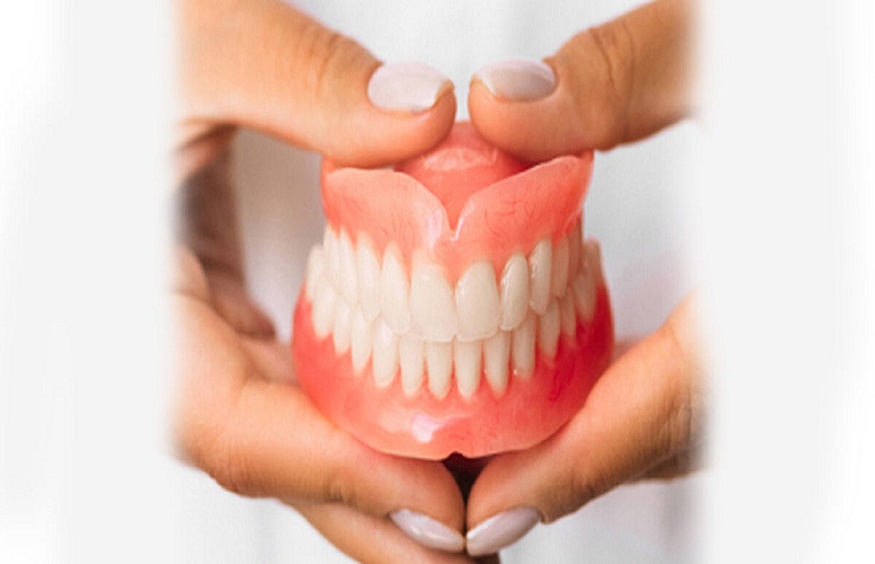Top Signs Your Dentures Need Adjusting and What to Do About It
Dentures are one of the most popular and useful solutions for people who are suffering from tooth loss. It can help you get back your perfect smile and also give you some functional benefits. They are also the most cost-effective tooth replacement available on the market.
One of the main downsides of owning a denture is the need for regular maintenance. With time, your denture can start to feel uncomfortable and cause pain or difficulty in doing your day-to-day work. This can be due to the need for repair or adjustment.
If you are looking for dental implants, then consult with a professional like Wichita Falls dentures; they can give you expert guidance and suggest the best treatment option based on your needs and oral health.
Continue reading this article to learn more about when to get your dentures adjusted, the symptoms, and why it happens.
Persistent Discomfort or Soreness
One of the earliest signs of misfitting or losing dentures is discomfort. You may experience pressure points or soreness in some sports where you wear your dentures for a long time.
Pressure on the Gums
If any part of your gum starts to become red or looks swollen up, then there is a high chance that it is caused by the misfitting of your dentures. After some time, this discomfort causes inflammation, which can become even worse if it is not treated at the right time.
Difficulty Chewing
If your dentures are not aligned, then they can make it harder for you to chew your food properly, which can affect your overall health. This can also increase the risk of food particles getting trapped inside your dentures, which can cause irritation or infection.
Frequent Adjustments
If you are getting your dentures adjusted every other day, then it may be a sign that your dentures are broken and need to be replaced after consulting with a dentist.
Dentures Feeling Loose or Unstable
If your denture is feeling loose and is getting out of your mouth while eating or chewing, then your dentures may need to be adjusted a little to fit your mouth perfectly. Dentures normally become misaligned and loose because of small natural changes in our jaw bone.
Slipping While Talking
It can be embarrassing for people to see their dentures shift while they are speaking, which can affect their confidence, too. Loose dentures can cause slurred speech or even difficulty in pronouncing some words.
Frequent Use of Adhesives
If you have to use denture adhesive over and over again to keep your denture in place, then it can be a sign that your denture has become loose. Using the adhesive can be a temporary solution, but you have to act on it.
Jawbone Changes
With time, your jawbone changes naturally; these changes are because of resorption, especially if you have missing teeth. This can eventually make your dentures no longer fit for the shape of your mouth and needs adjustment.
Changes in Your Facial Appearance
If your dentures are ill-fitted, then not only cause discomfort but can also change the appearance of your face. If your dentures are not fitting well, then your face might look sunken or collapsed.
Sunken Cheeks
If your dentures are not providing proper support, then your cheeks can appear to be sunken. One of the important roles of dentures is to maintain the natural structure of your face. An ill-fitted denture will not be able to do that.
Changes in Your Bite
Noticing changes in your bite, like a misaligned bite, can also be a sign of ill-fitting dentures. This can cause discomfort and changes in how your upper or lower teeth come together, which can affect the symmetry of your face.
Get Your Dentures Checked Today!
If you have noticed some sign of discomfort or changes in your dentures, then do not waste your time; consult with a dental professional today! Early intervention in these issues can help you save time and money.


Leave a Reply
You must be logged in to post a comment.